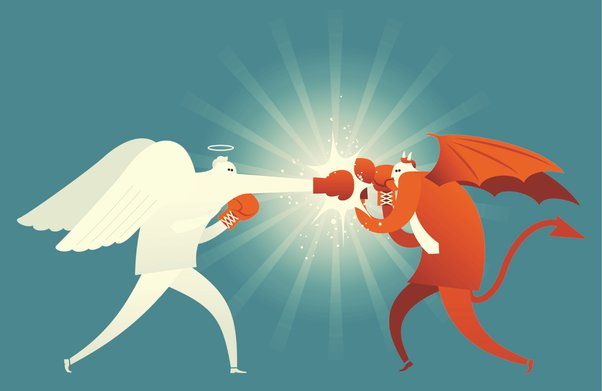Introduction:
The question of defining good and evil has been a subject of philosophical and ethical inquiry throughout human history. This article aims to delve into the complexities of this moral dichotomy, recognizing the subjective nature of morality and the diverse perspectives across cultures and individuals.
The Subjectivity of Morality:
Morality, at its core, is a system of principles and values that guide human behavior and determine what is considered right or wrong. However, the definition of good and evil is subjective, shaped by cultural, religious, and personal beliefs. What may be seen as virtuous in one society might be perceived differently in another, highlighting the contextual nature of moral judgments.
Cultural Relativism and Moral Diversity:
Cultural relativism acknowledges that different cultures hold distinct moral codes and ethical standards. Moral diversity exists globally, with varying interpretations of good and evil based on cultural norms, traditions, and historical contexts. Recognizing and respecting these differences is essential in fostering cross-cultural understanding and empathy.
The Role of Ethics:
Ethics, as a branch of philosophy, seeks to provide frameworks for determining morally right actions and behaviors. Different ethical theories, such as consequentialism, deontology, and virtue ethics, offer distinct perspectives on how to define and evaluate good and evil. These theories provide guidelines for decision-making and moral reasoning, yet they may still be subject to interpretation and debate.
Individual Perspectives and Moral Agency:
Individuals play a crucial role in shaping their own moral compass. Personal experiences, upbringing, and values influence one's understanding of good and evil. While societal norms and external influences can shape moral outlooks, individuals possess moral agency, the capacity to reflect and make independent moral judgments based on their own reasoning and conscience.
The Complexity of Moral Dilemmas:
Moral dilemmas often arise when conflicting values and principles clash, making it challenging to determine a clear-cut definition of good and evil. Real-world situations often require individuals to navigate complex ethical considerations, weighing potential consequences and balancing competing moral obligations.
Continual Moral Reflection:
Recognizing the subjectivity and complexity of defining good and evil necessitates ongoing moral reflection and dialogue. Engaging in conversations that explore differing perspectives and questioning one's own assumptions can foster a deeper understanding of morality and promote ethical growth.
Conclusion:
The definition of good and evil is a multifaceted and subjective matter, influenced by cultural, personal, and ethical factors. Understanding that moral judgments can vary across societies and individuals is crucial in cultivating empathy and respect. Embracing ongoing moral reflection and dialogue allows for a deeper exploration of ethics and encourages a more nuanced understanding of the complexities inherent in defining good and evil.
The Terrifying Facade: Hypocrisy in Comparison to Villainy
